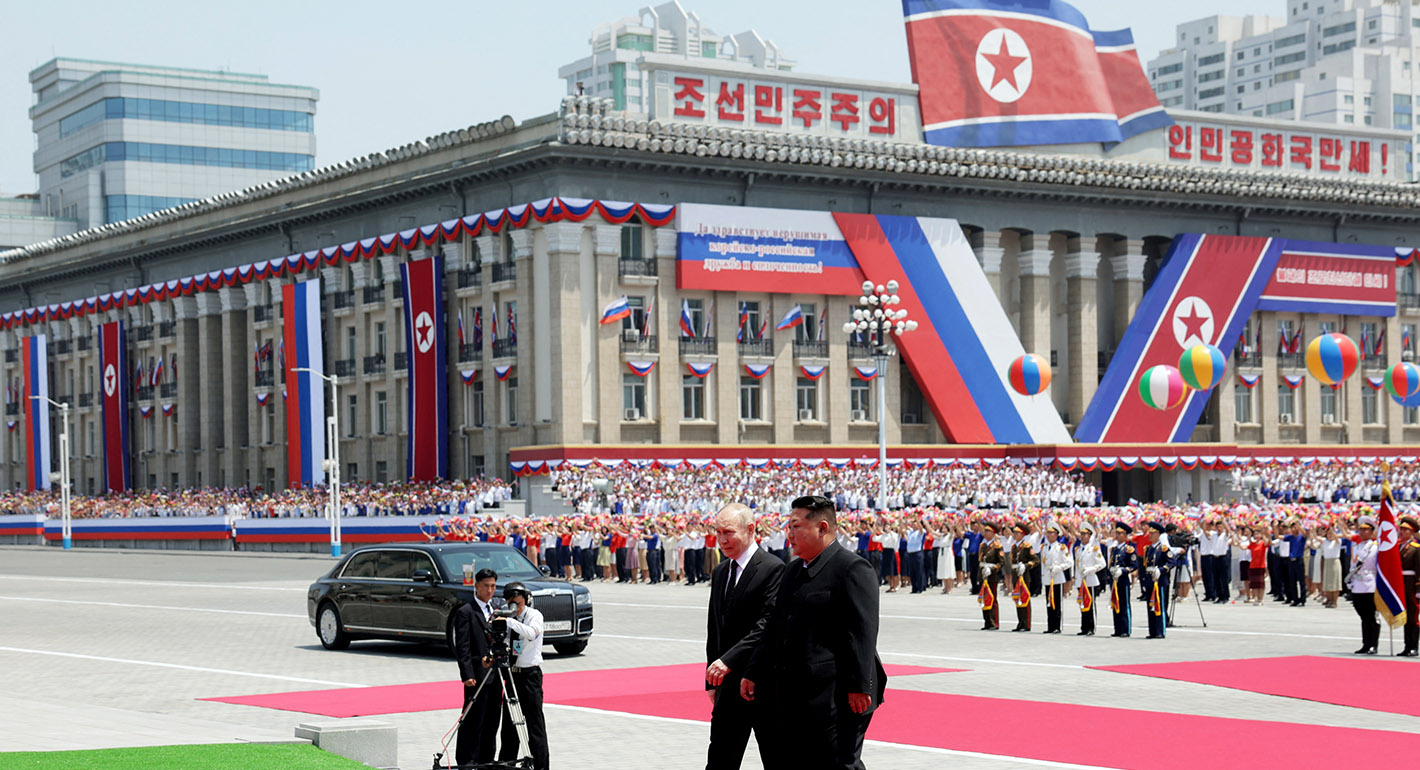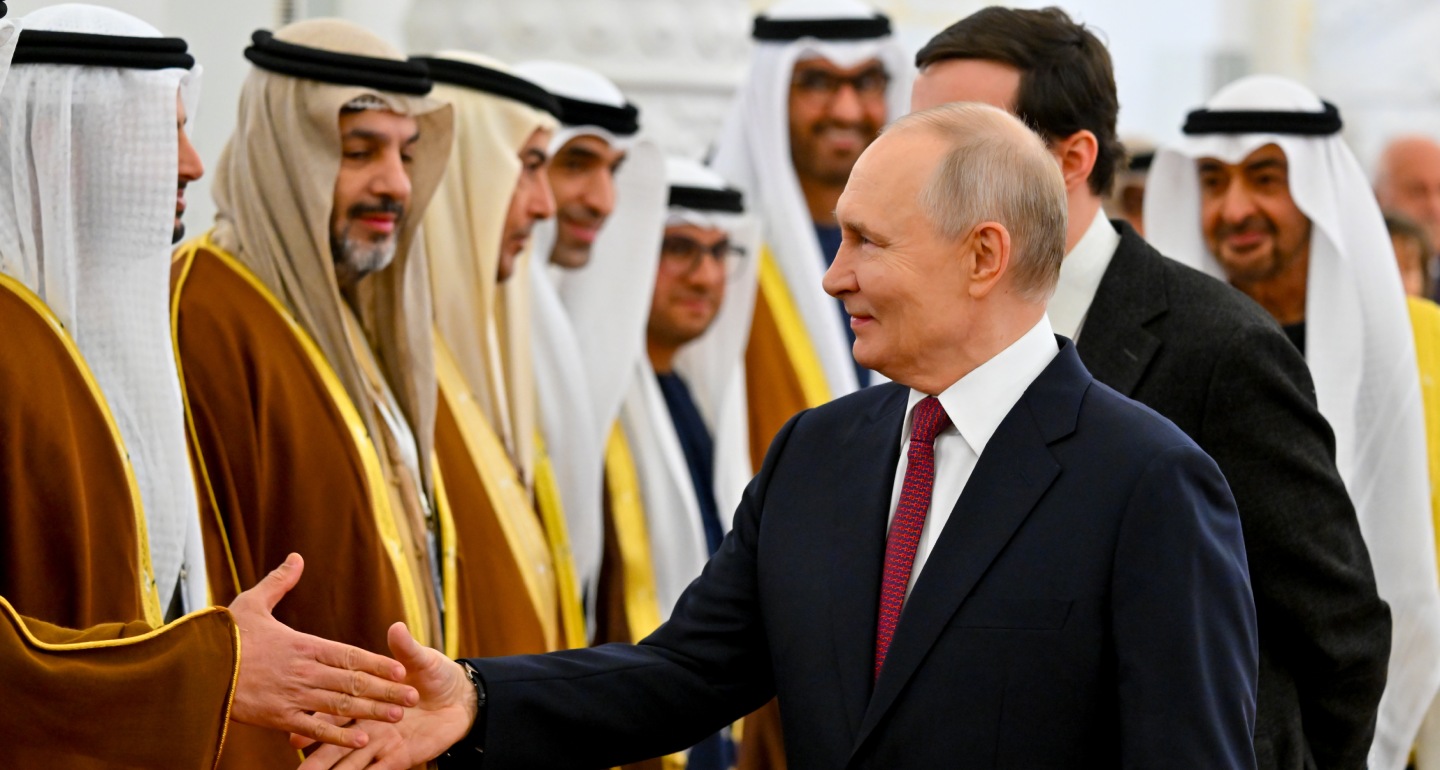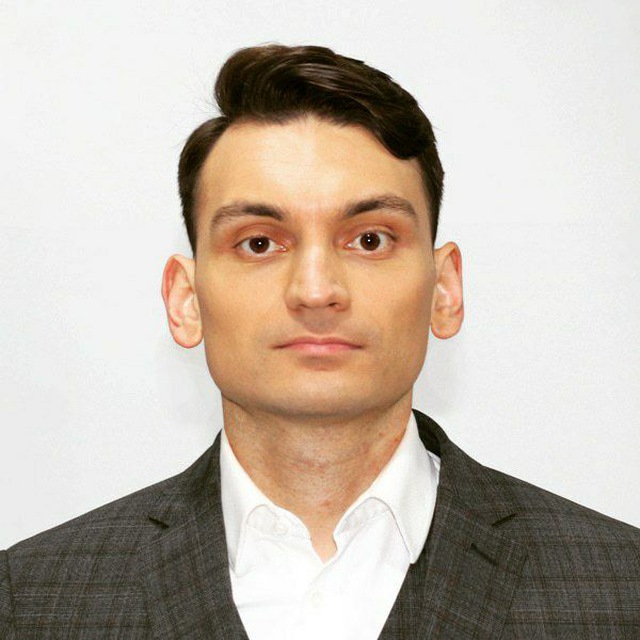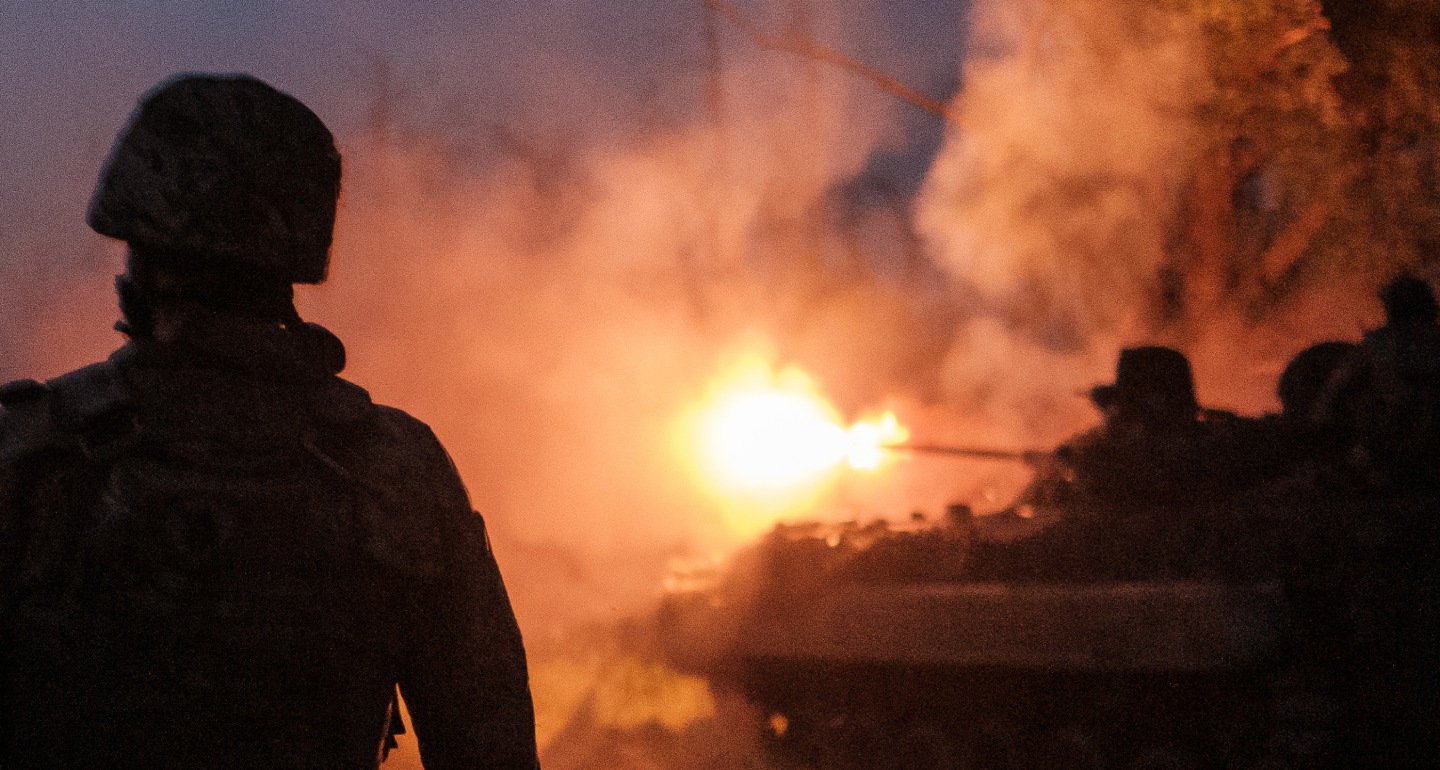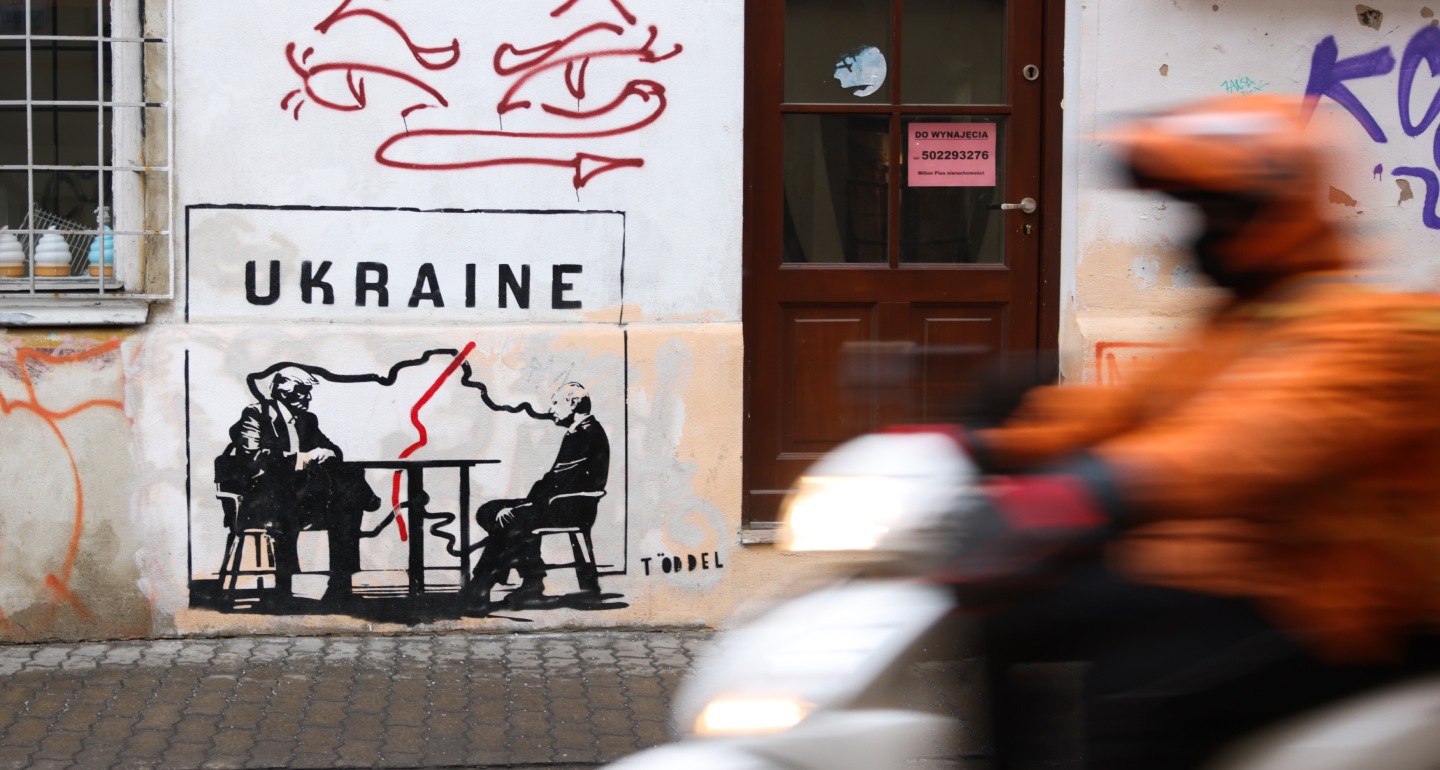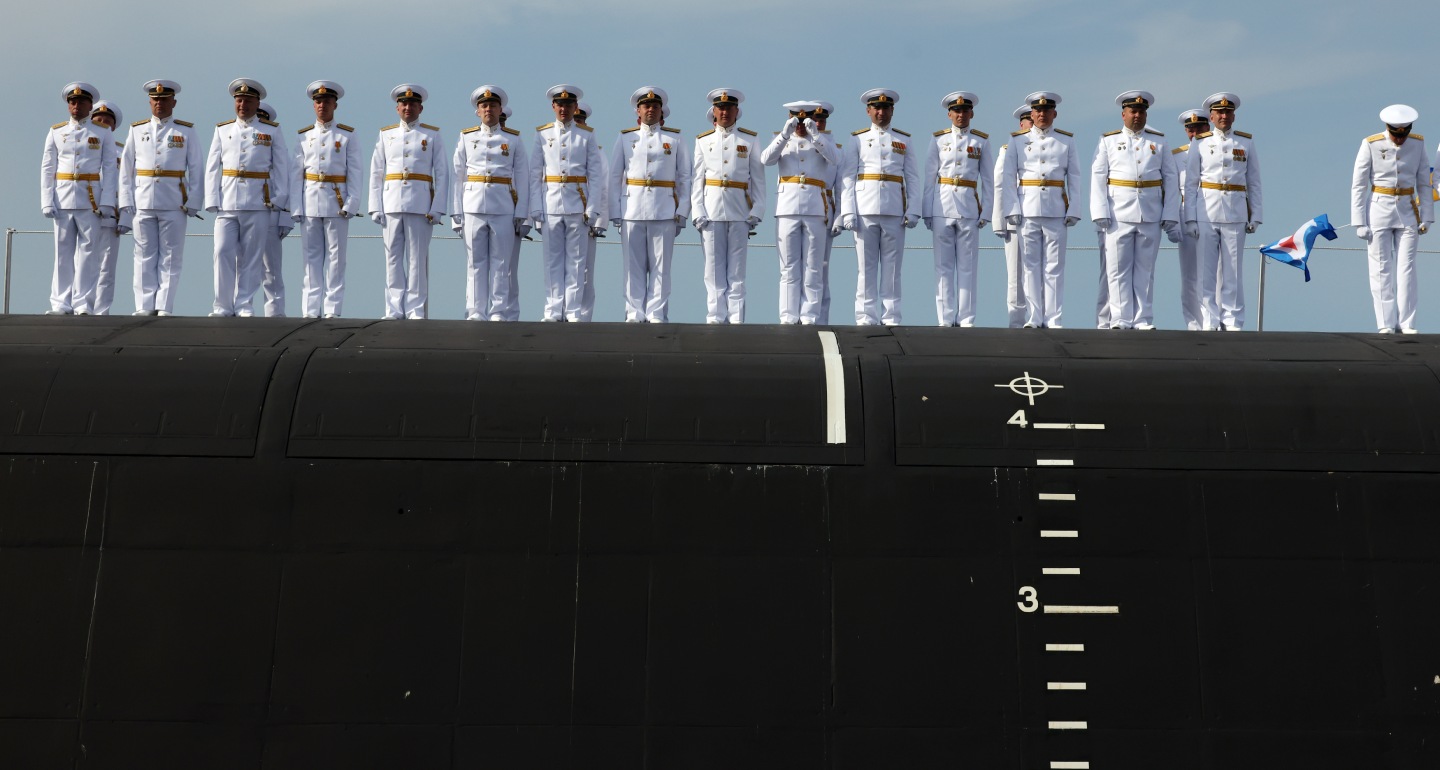Russian President Vladimir Putin’s recent visit to North Korea was remarkable not only for the neo-Soviet pageantry, but also for the inking of a mutual military assistance pact. This landmark agreement threatens to upend Russia’s relations with a whole host of Asian nations.
Even if it had not yielded any results, Putin’s trip to North Korea in mid-June would have been an important event simply because such visits are extremely rare. Putin is the only Soviet and Russian leader ever to have gone to North Korea. While Soviet leader Nikita Khrushchev planned a trip in 1959, it never happened. Putin’s only other trip to North Korea was back in 2000, shortly following his first inauguration as president.
In contrast, North Korean leaders have made regular visits to both the Soviet Union and post-Soviet Russia. The long-serving dictator Kim Il Sung visited the Soviet Union twelve times, and his son Kim Jong Il made the journey three times. Current leader Kim Jong Un has been twice: in 2019 and 2023.
The difference is easy to explain: visiting a country is seen as a sign of respect, and for most of the twentieth century, the balance of power has been such that Pyongyang paid its respects to Moscow unilaterally.
While Putin was in North Korea, he was feted. He wrote a column for the country’s main newspaper, Rodong Sinmun—a privilege rarely granted to visiting leaders. (Admittedly, a similar text by Putin was published in Vietnam’s Nhân Dân when the Russian leader arrived in the Southeast Asian country after departing North Korea.)
As is his habit, Putin used the article to wax lyrical about supposedly shared history. He mentioned how the Red Army, which liberated northern Korea in 1945, had fought the Japanese “shoulder to shoulder with Korean patriots” (a phrase invented by Russian diplomats in the 2010s to avoid embarrassing Pyongyang, which claims that Japan was defeated by a “Korean People’s Revolutionary Army” that in reality did not exist).
Elsewhere in the article, Putin made sure to highlight the “neo-Nazi Kyiv regime” and the “neocolonial dictatorship of the United States.” Expressing solidarity with Pyongyang, he said that Russia and North Korea would “develop alternative trade and settlement mechanisms that are not controlled by the West.”
There’s no doubt that being allowed to publish in Rodong Sinmun was an honor, but not the country’s highest: the North Korean media did not use the grammatical construction signifying maximum obeisance to Putin, a privilege afforded to the Chinese leaders Mao Zedong in the 1970s and Xi Jinping in 2018. Of course, the construction is used for North Korea’s leaders, so in the North Korean media, Putin appeared as the junior partner.
The main topic of discussion for Putin and Kim Jong Un was undoubtedly the war in Ukraine. Multiple reports suggest North Korea is supplying Russia with a large quantity of ammunition in exchange for fuel and food. At the same time, Pyongyang is extremely keen to get rocket-building and aviation know-how from Russia. This is evidenced both by foreign intelligence service assessments and by the regular visits of North Korean delegations to Russia (such as one to the Moscow Aviation Institute last month). What is not known, however, is whether Moscow is prepared to go that far.
The main event of the summit was the signing of a wide-ranging treaty between Russia and North Korea. In essence, it resurrects the 1961 alliance between the Soviet Union and North Korea that was signed by Khrushchev and obligated both sides to come to the aid of the other if attacked. The text of this clause in the new treaty was simply copied from its 1961 counterpart with minimal changes.
For North Korea, the advantages are obvious. Pyongyang will now enjoy Moscow’s military protection. Until the full-scale invasion of Ukraine, Russia had tried to tread a neutral path when it came to North and South Korea—but now it has firmly taken the side of Pyongyang.
Moscow sought to squeeze the maximum PR possible from the announcement of the treaty. First, the Kremlin said such a treaty might be signed, then it was stated that it would be signed, and then Putin revealed that there was a mutual military aid clause—and only after that was the full text published. The question of why Russia should be obliged to defend North Korea’s dictatorship was, of course, not subject to any public discussion.
Entering into this sort of alliance with North Korea will seriously harm Russia’s relations with South Korea. For Seoul, it represents a major diplomatic defeat: the failure of a decades-long effort to build a special relationship with Moscow, and prize apart North Korea and Russia.
South Korea’s response will likely be to cross the Kremlin’s own red lines by beginning arms shipments to Ukraine. That is entirely in keeping with the pro-Western style of South Korean President Yoon Suk-yeol, who has sought to promote his country’s role as a reliable ally of Japan and the United States, and as a full-fledged representative of the free world. Seoul will likely now conclude that it is better to talk to Moscow from a position of strength.
Moscow’s relations with Pyongyang’s enemies—Seoul and Tokyo—will be ruined. The treaty with North Korea will also lead to intense scrutiny from Beijing: while the war in Ukraine continues, Russia looks set to play a fundamental role in reducing North Korea’s dependence on China.
It begs the question: Why did Moscow need such a far-ranging agreement with Pyongyang? Wouldn’t it have been better to avoid irreparably damaging relations with South Korea? It can be surmised that North Korea may have offered Russia a good deal on ammunition supplies—Moscow’s number one priority. The Kremlin also wants to show the West that it’s prepared to keep going to the bitter end in their confrontation.
Ultimately, if Putin is ready to sacrifice hundreds of thousands of lives—as well as the reputation and future of his own country—in a bid to try to seize control of Ukraine, is it really surprising he’s also willing to ditch Russia’s relationship with South Korea?

